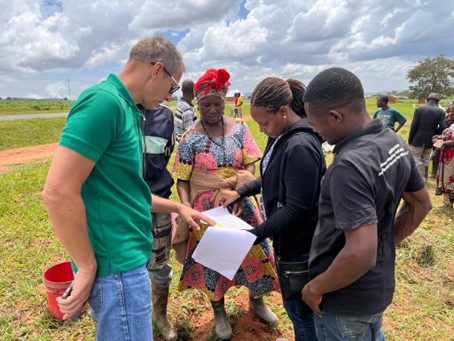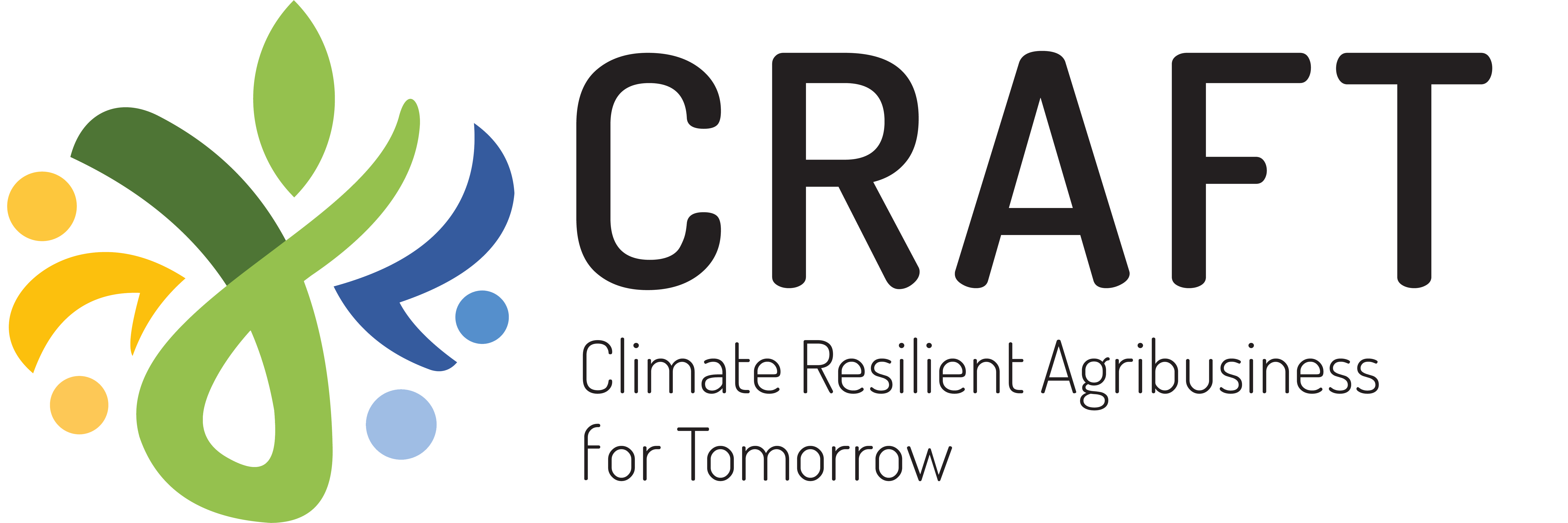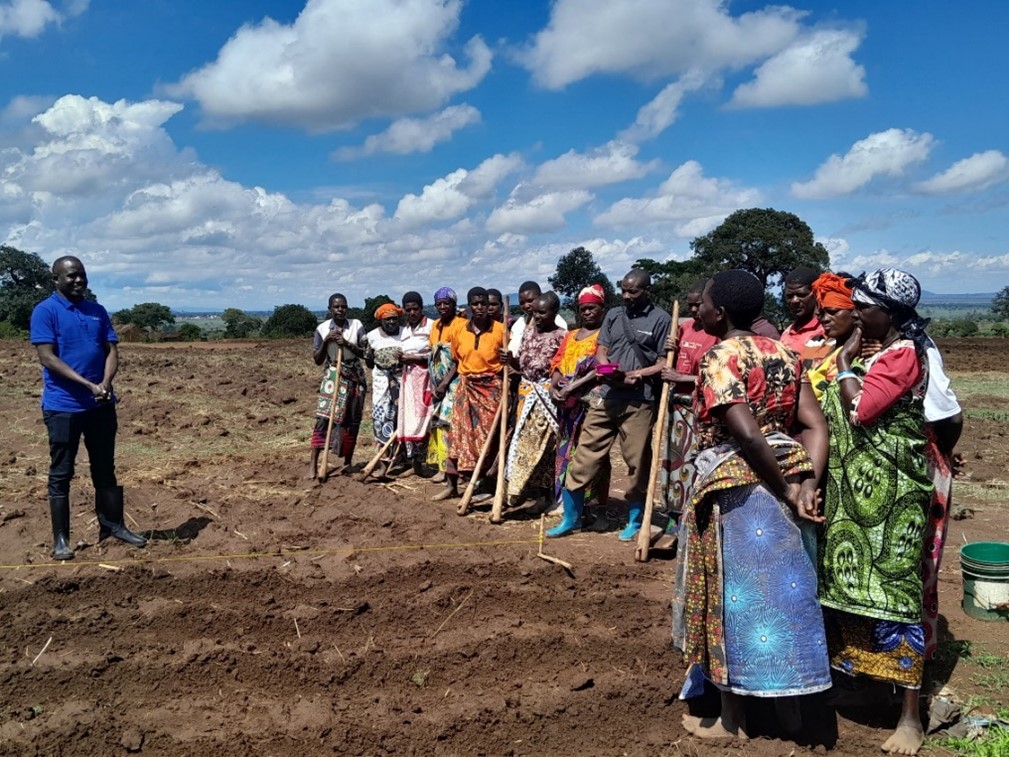Since its start, the Climate Resilient Agribusiness for Tomorrow (CRAFT) project has put the inclusivity of women and youth at the core of its interventions. One way the project has done this is by partnering with agribusinesses to support women smallholder farmers take up leadership roles.
Ikuwo General Enterprises Company and Mpui are CRAFT agribusiness partners in the bean and sunflower value chains respectively. They have supported farmers to become leaders in the adoption of climate-smart agriculture practices and technologies. Through the CRAFT partnership, the companies support the inclusion of women in agriculture, leading to improved livelihoods, market access, and participation. A few women share their story:
Everada Katondwa (42), a lead farmer, from Milanzi village. She trains farmers in farmer field schools on how to shift to more sustainable and climate-smart methods mainly focusing on common beans. This role has empowered her and taught her that women can take responsibility and be impactful just like men. “We used to see men take leadership roles in our communities. With CRAFT, women in Milanzi village have awakened and believe they can also lead, teach, and supervise groups of women and men,” Everada shares. She purposefully includes more women in activities and supports them in adopting climate-smart agricultural practices and technologies. This has positioned her as a leader for her community. “I have gained knowledge and confidence. Now, the village leaders have been involving me in other development activities taking place in our village, something that never happened before,” she concludes.
Agness Sangu (40), a lead farmer from Ikozi village, Sumbawanga rural, complements Ikuwo and CRAFT for involving women as Trainer of Trainers (ToTs). Being a ToT has become a source of income which has improved her and her family’s livelihood. “I work with MPUI to train farmers on weekly basis. I get an allowance of 25,000 Tshs (€10) which I save and use for my daily expenses. This amount greatly adds to the family income,” Agnes reveals.

Admirabilis Ntwenya (52), is a Quality Declared Seed (QDS) producer from Msanzi village, after being trained in seed multiplication. She was supported by Ikuwo with foundational seeds and a reliable market for these seeds. “The reliability of the market for the seeds that I produce is good because it’s hard to sell seeds to fellow farmers in the village, especially men, who usually go to towns and companies to look for markets “, Admirabilis explains. “IKUWO buying the seeds and selling back to farmers was the best solution for female seeds producers. Women, with all the family responsibilities, can only sell in the village where there is a limited market.,” she adds.
CRAFT has made significant strides in promoting inclusivity and empowering women in agriculture. By partnering with agribusinesses and supporting women smallholder farmers in leadership roles, the project has provided opportunities for women to take up responsibilities and improve their livelihoods. Their inclusion will contribute to a more sustainable and equitable future, and lead to increased food security and resilience.
Written by Maria Kinyau.










